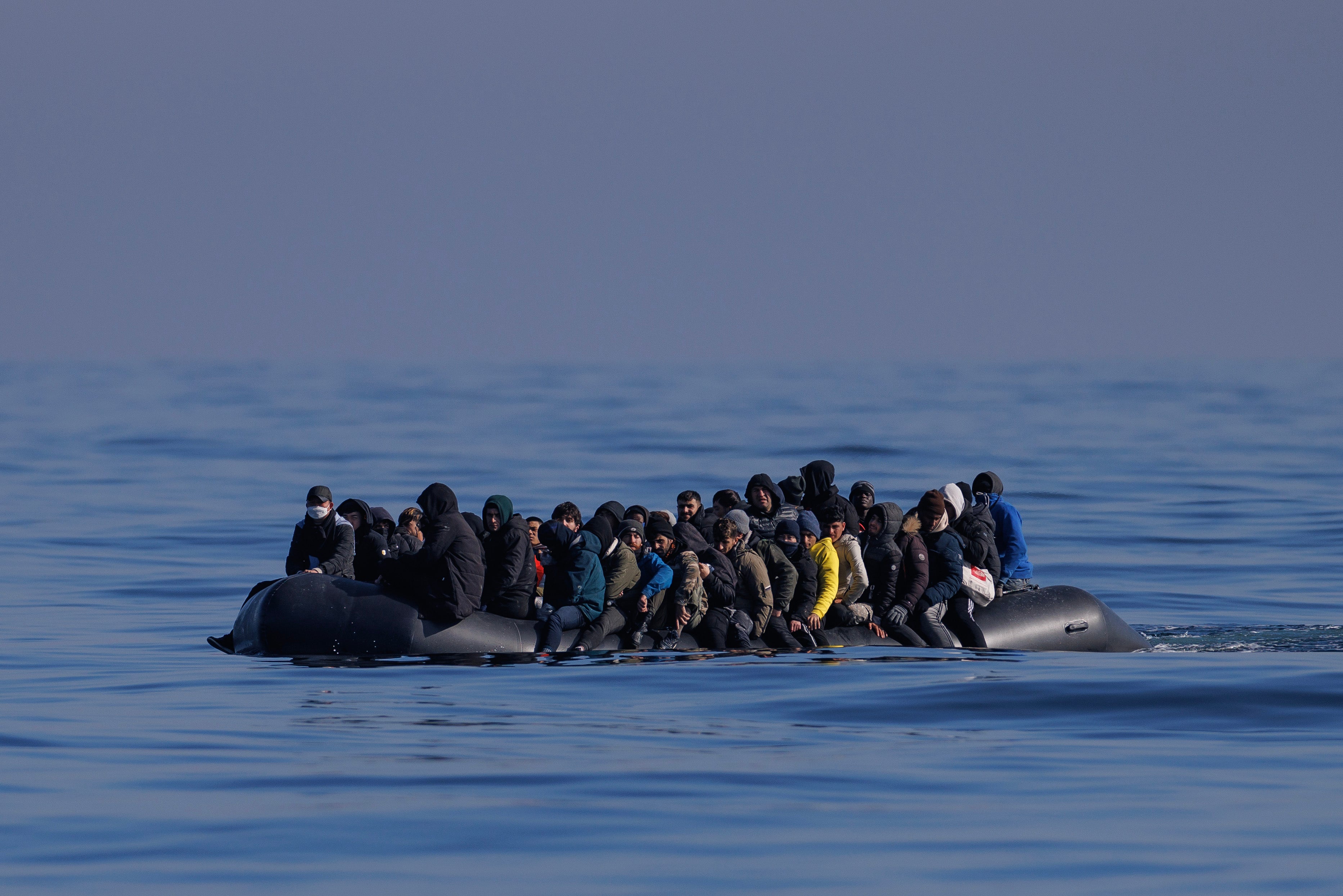‘Friendly stand-off’ – Reform MP says what could happen between UK and France over migrant plan
Richard Tice said he didn’t want to go to war with France but a ‘friendly-stand off with friends’ was fine

Your support helps us to tell the story
From reproductive rights to climate change to Big Tech, The Independent is on the ground when the story is developing. Whether it's investigating the financials of Elon Musk's pro-Trump PAC or producing our latest documentary, 'The A Word', which shines a light on the American women fighting for reproductive rights, we know how important it is to parse out the facts from the messaging.
At such a critical moment in US history, we need reporters on the ground. Your donation allows us to keep sending journalists to speak to both sides of the story.
The Independent is trusted by Americans across the entire political spectrum. And unlike many other quality news outlets, we choose not to lock Americans out of our reporting and analysis with paywalls. We believe quality journalism should be available to everyone, paid for by those who can afford it.
Your support makes all the difference.Richard Tice, the deputy leader of Reform UK, has admitted his party’s policy of picking up and taking migrants back to France could result in a “friendly stand-off” between the countries in the English Channel.
Speaking to Sky News’s Sunday Morning With Trevor Phillips programme, he said: “It’s very simple. The government’s policy of smashing the gangs is clearly not working, and sadly people are literally dying... The only way to stop the boats is a variant of what Australia did.
“We’ve talked about it before. I will repeat it again: You’ve got to safely pick up and take back to France, which we are legally entitled to do under the 1982 UN Convention of the Law of [the] Sea.
“And by the way, France has a legal obligation to do the same, which they are in breach of. So we are legally entitled to do this.
“If the French coastguards say ‘you’re not coming in’ they’re in breach of international law.”
When pressed on what would happen if French authorities refused, Mr Tice said: “Well then we’ve got a stand-off... I’m not saying go to war but you can have a friendly stand-off with friends. It’s the only way you’re going to stop the deaths. Ours is the kind and compassionate policy.”

His comments come after the number of small boat migrants crossing the Channel this year passed 2023’s total on Saturday.
Data published on Saturday showed that the number of migrant crossings had passed last year’s 29,437 total. A total of 424 people made the perilous crossing on Friday, taking 2024’s total so far up to 29,578.
While 2024’s figures are up on 2023, it is still significantly lower than the 2022 peak, when 45,728 people made the journey.
On Wednesday, three people died and dozens of others were rescued when a boat sank while trying to reach the UK, and a baby died in another similar incident in the previous week.
The French coastguard, which has reported 48 migrant deaths so far this year, repeated warnings about how dangerous the journey is through waters known as the Dover Strait, the narrowest part of the English Channel and the busiest shipping lane in the world.
Migrant charities have warned that the crossings are getting increasingly dangerous as people feel forced to go further out along the French coast to avoid increased enforcement action by police.
Join our commenting forum
Join thought-provoking conversations, follow other Independent readers and see their replies
Comments